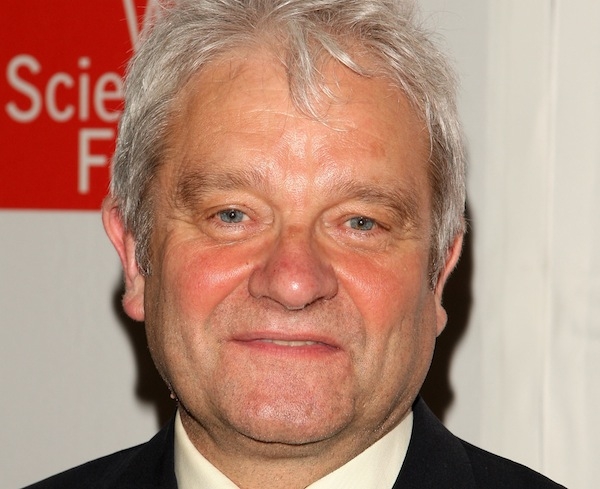Sir Paul Nurse, the Nobel laureate and President of the Royal Society, has been hitting out at global warming sceptics. In a speech to the University of Melbourne recently, he attacked dissenters from the climate change orthodoxy, declaring that their objections were in reality political rather than scientific:
‘A feature of [the global warming] controversy is that those that deny there is a problem often seem to have political or ideological views that lead them to be unhappy with the actions that would be necessary should global warming be due to human activity. I think that’s a crucial point. Because these actions that are likely to include measures which include concerted world action, curtailing the freedom of individuals or companies or nations, and curbing some kinds of industrial activity.’
It may have escaped Nurse’s attention, but the vast majority of scientists calling for concerted action on climate change are vehemently and often outspokenly left-wing – some have even publicly admitted to lying to promote political action. It therefore seems a little odd for Nurse to accuse only those who dispute the official story of having political motivations.
The explanation for this short-sightedness may lie in his own politics: Nurse is a lifelong socialist who used to fill his leisure hours selling Socialist Worker on street corners. But it is also possible to confirm that Nurse’s political prejudices are getting the better of him by analysing the quotation above.
Nurse’s argument – that restrictions on individual freedom are required to avert global warming – has its roots in demands for immediate and sweeping reductions in carbon emissions, a case which in turn is usually justified by reference to the Stern Review of the economics of climate change. However, as all global warming sceptics (but perhaps few Nobel laureates) know Stern’s conclusions depend on making extreme and highly controversial assumptions about how we balance the rights of current and future generations.
Stern has declared that his assumptions are necessary on ethical grounds, arguing that they prevent people alive today from passing on costs to future generations. However, as the eminent economist William Nordhaus has pointed out, Stern’s approach is not the only one that could be adopted. For example, since even under Stern’s calculus people in the future will be much richer than those alive today, we could aim to maximise benefits to the poorest generation – namely us. In this view, passing costs on is the correct thing to do and we should be aiming to reduce, not raise the price of fossil fuels.
When one understands the ‘ethical’ choice that Stern made, it is easy to see that immediate cuts in carbon emissions, brought about by ‘curtailing the freedom of individuals or companies or nations, and curbing some kinds of industrial activity’ are not necessary at all. They are simply Nurse’s ethical, philosophical and political preferences. And they are ugly ones at that.
Andrew Montford is the host of the Bishop Hill blog. Hiding the Decline, his history of the Climategate affair was published recently.






Comments